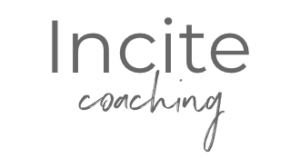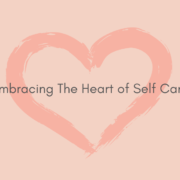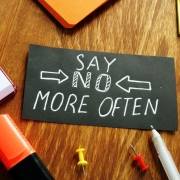Harness the Power of Journaling
Journaling has been around for centuries and there’s lots of reasons for that. The practice of pausing, reflecting and writing has been proven to reduce stress, increase creativity, and even help you sleep better. Through journaling you can build resilience, learn from your experiences and gain perspective.
The very act of setting time aside for yourself is a powerful expression of self-care. You’re affirming that listening to yourself is important. A deep listening that leads to self-knowledge and self-awareness and that’s hard to get any other way. It gives you clarity in all areas of your life, including decision-making.
I began journaling when I was a teenager. I’d throw myself into it when I was confused or struggling, but once the crisis had passed, I would put it aside. I have lots of journals but most of them are only partially full.
One thing I’ve come to know is that to get the most out of journaling, it’s best to do it regularly. Of course, like most things, when I really need it, like when I’m feeling overwhelmed, conflicted or just not in the mood, is usually when I least want to do it. So, a few years back I began to explore different ways to journal, what gets in the way, and how to set myself up for success.
What can set you up for success?
Incite Actions:
- Choose a time that works for you. You might choose morning because journaling helps clarify what you need to focus on for that day. Others journal at night to help them unwind. Whatever you choose, schedule it in to your day and stick with it. Set a reminder on your phone.
- Find a place to write that’s comfortable, calming and where you won’t be interrupted. While this works for most, some prefer a coffee shop or being out in nature.
- Engage all of your senses. You might want to journal by candlelight, with a cup of tea or coffee, a warm blanket, even music.
- Put a time limit on it. I recommend 10 to 15 minutes. That might seem short but let’s face it, if it’s any longer than that you’re far less likely to do it.
- Write regularly. Consistency is key to uncovering all journaling has to offer.
We’re all unique. Do what works for you. Change it up when needed. If routine results in boredom you’re less likely to continue.
The second challenge is to make it meaningful. How you journal is directly linked to what you want to get out of it. Try one, two or all of the approaches below.
Making it meaningful
Incite Actions:
- Grab 3-5 key questions to ask yourself every day. This keeps you connected to what motivates you and clear on what you want to focus on. Change up the questions as needed. Here’s a few I’ve used:
- What were my highlights from yesterday?
- Is there one person or event that I am grateful for in this moment?
- What would set me up for success today?
- Is there an empowering belief will help me today?
- Free writing or stream of consciousness writing. The most popular example of this is Morning Pages from the book, The Artist’s Way. Don’t overthink free writing. Just put down on the page what comes to mind. This puts you in touch with your unedited, uncensored self, and can also release your creativity.
- Choose a quote, affirmation or scripture and write about what it means to you, how it inspires or challenges you and what difference it could make in your life.
- Gratitude journals are popular. Research has consistently shown that connecting with what makes you grateful makes you feel better about your life.
Get creative
- Pick a picture you’ve found or one that you’ve drawn and write about what it means to you
- Choose a key word from your journal entry and calligraphy it across the page
- Make a collage
- Write a poem or haiku
Whatever you do, don’t let your inner critic stop you. Journaling is not about your handwriting, sentence structure or grammar. It doesn’t have to be perfect. Write for an audience of one. Most people choose to never share their journals.
Remember, the self-awareness that is accessible through journaling will support your goals and dreams, help protect you from exhaustion and resentment, and keep you focused on what’s important.
At Incite, I offer coaching and online workshops. If you want to find out more or book an inquiry call please contact me here.
Until next time,
Elizabeth




